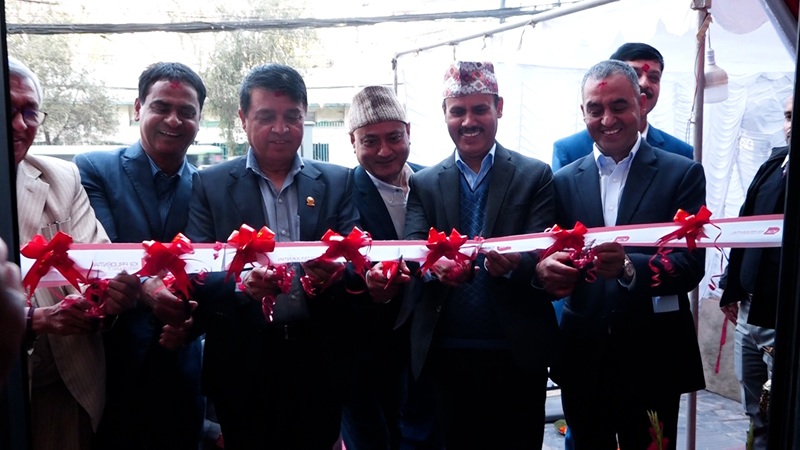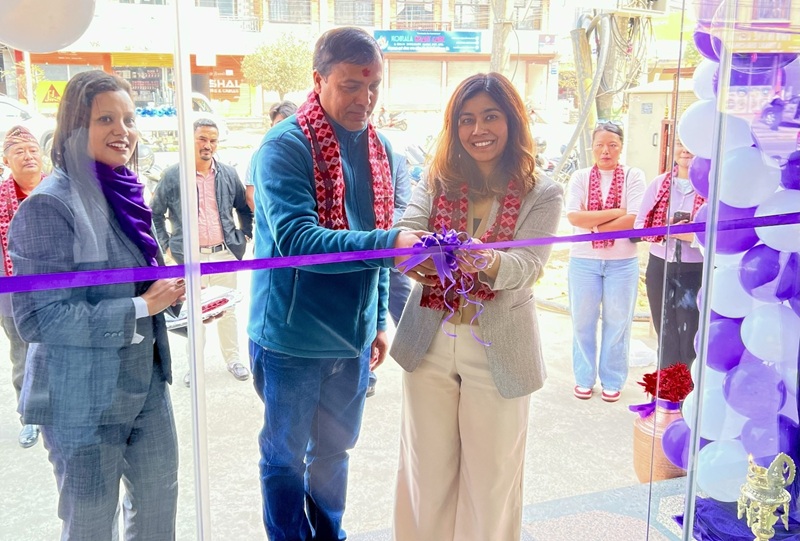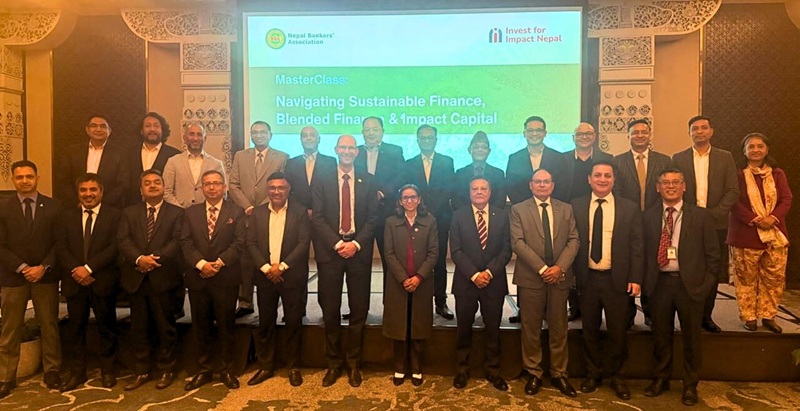Kathmandu Sustainable Tourism Workshop Concludes: Driving Inclusive Travel & Development
13th June 2025, Kathandu
An international workshop on sustainable and inclusive tourism successfully concluded in Kathmandu, Nepal. The four-day event brought together experts, officials, and tourism professionals from 14 Asian Productivity Organization (APO) member countries.
Kathmandu Sustainable Tourism Workshop
It was jointly organized by the Ministry of Industry, Commerce and Supplies, the Asian Productivity Organization, and the National Productivity and Economic Development Center (NPEDC).
Focused On Sustainable And Inclusive Tourism
The workshop aimed to build capacity among stakeholders in the tourism sector. The main focus was on designing and implementing policies that promote sustainability, inclusivity, and cultural preservation.
It also emphasized the importance of responsible tourism models. Experts discussed how tourism can benefit local communities without harming the environment or excluding underrepresented groups.
Key Sessions And Expert Insights
The event featured sessions on several vital topics:
Inclusive tourism models
Digital efforts in responsible tourism
Tourism certification and sustainability standards
Policy frameworks for long-term impact
Dr. Mihee Kang, Chief Assurance Officer at the Global Sustainable Tourism Council (GSTC), led multiple expert sessions. She explained how sustainable tourism impacts the environment, economy, and society. She also highlighted the role of certification systems and shared successful global examples.
Promoting Inclusive Travel Experiences
Neha Arora, founder of Planet Abled, delivered an insightful presentation on inclusive tourism. She shared strategies for improving travel experiences for people with disabilities. Her message was clear: tourism must be accessible to everyone.
Nepal’s own experts also played a key role. Sudip Bhaju and Pankaj Pradhanang presented on Nepal’s tourism journey. They discussed local challenges and solutions to make tourism more inclusive and sustainable.
Interactive Learning And Collaboration
The workshop had an interactive format. It encouraged collaboration between international and national participants. Experts and practitioners exchanged ideas, best practices, and case studies. The experience created a rich learning environment and strengthened cross-border cooperation.
Field Visit To Patan Durbar Square
Participants visited Patan Durbar Square, a UNESCO World Heritage Site. They observed efforts to balance cultural conservation and tourism development. Local initiatives were highlighted as models of community-based tourism and heritage protection.
This practical exposure helped link theory with real-world practices. It showed how tourism can support both economic growth and cultural preservation.
Strengthening Asia-Pacific Tourism Networks
The event pushed forward a regional vision. It encouraged Asia-Pacific countries to adopt environmentally responsible and economically resilient tourism strategies. Knowledge-sharing was a key goal, and the workshop delivered on that front.
Nepal’s role in hosting this international event showcased its commitment to leading tourism transformation in the region.
First APO Workshop In Nepal Since 2009
This was the first time since 2009 that Nepal hosted an APO international workshop. It marked a return to global engagement for Nepal’s tourism and productivity sectors. Organizers and participants praised the event’s success.
The Ministry of Industry, Commerce and Supplies and NPEDC were motivated to host more international events in the future.
A Step Toward Responsible Travel
The workshop ended on a high note. Participants committed to supporting sustainable, inclusive, and responsible tourism in their countries. The discussions helped frame policies that consider people, planet, and progress.
In summary, this international workshop in Kathmandu was more than just a learning event. It became a platform for global cooperation, knowledge exchange, and a shared commitment to making tourism better for everyone.







